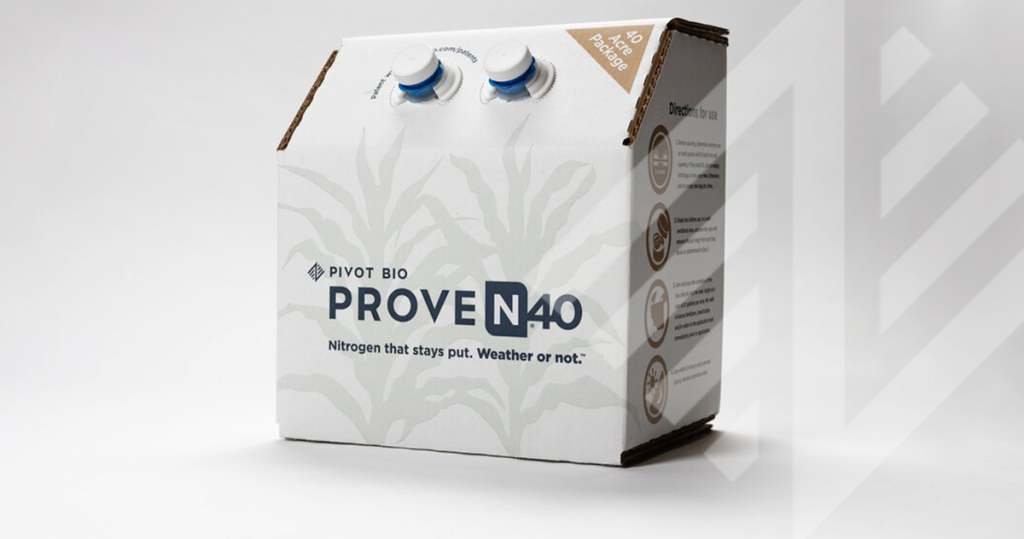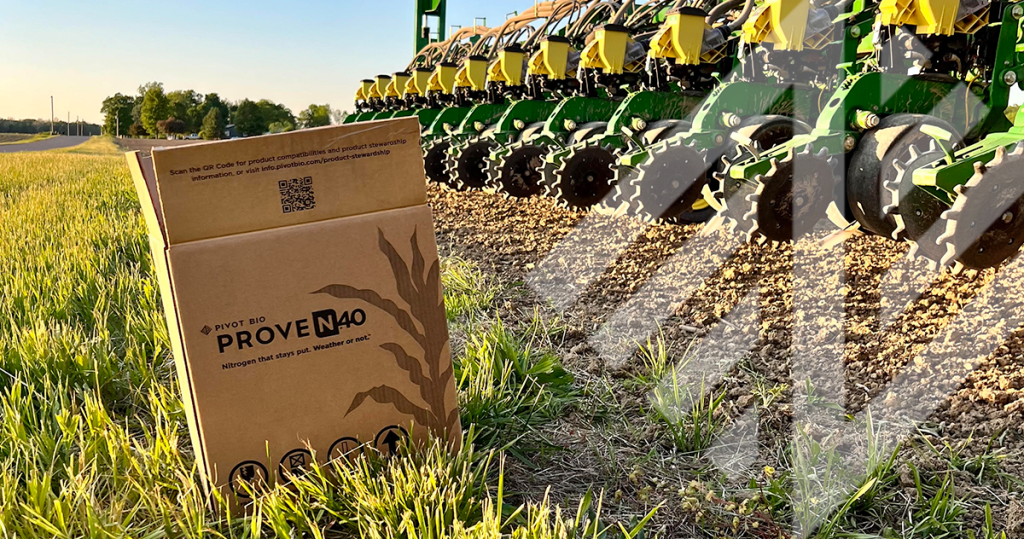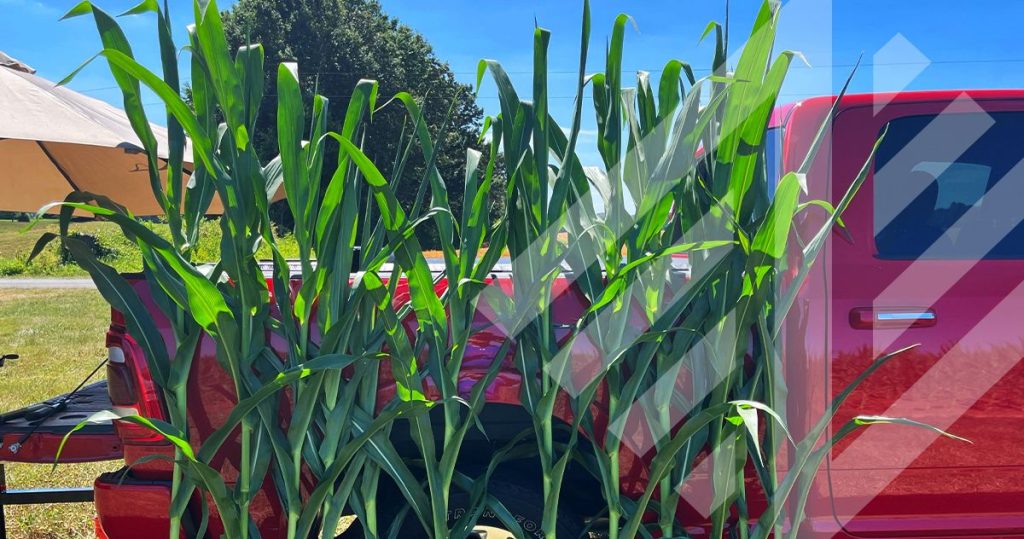Combining Science & Nature for a Better Future

From large farms to vegetable gardens, the conventional wisdom says that crops need synthetic nitrogen fertilizer to produce high yields. At Pivot Bio, we like to put convention under the microscope and ask ourselves, what if there’s a better way?
In this blog series, The Seventh Element: Our First Priority, we’re exploring nitrogen as the foundation of all life, and what nitrogen innovations mean for farmers and our planet.
In this series, we’ve spent a lot of time talking about the problems caused by excess nitrogen, but now it’s time to talk about solutions. At Pivot Bio, we’ve spent the last decade creating a solution to the nitrogen dilemma, a replacement for synthetic nitrogen that is safer and more sustainable for farmers and the planet. The solution was right below our feet.
While the Haber-Bosch process was the first and only industrial method of fixing atmospheric nitrogen, there’s another way to fix atmospheric nitrogen, one that is found in nature. Though these nitrogen heroes are small, they are mighty: soil microbes that fix atmospheric nitrogen and make it available to plants. The problem is, when synthetic nitrogen is applied to the soil, a microbe’s natural ability to fix nitrogen goes dormant because it is no longer needed.
In a farm field in Missouri, Pivot Bio scientists discovered a strain of soil microbe that fixed nitrogen on its own. Our scientists discovered how to keep these microbes producing nitrogen day in and day out, reprogramming the genetic blueprint to develop the first nitrogen-fixing microbes for cereal crops. Growers can use the resulting microbial fertilizers, Pivot Bio PROVEN® 40 and RETURN, and replace up to 40lbs and 25lbs of synthetic nitrogen, respectively. These supercharged microbes are the foundation of a sustainable method for delivering nutrients to crops.
What makes Pivot Bio’s microbial nitrogen more sustainable? For starters, our manufacturing process has minimal carbon emissions, as our microbes are produced using fermentation, with only sugar and water as inputs. Pivot Bio nitrogen-fixing microbes use only 2% of the energy required to create synthetic nitrogen using the Haber-Bosch process. Once in the field, the sustainability benefits continue. Pivot Bio microbes develop a symbiotic relationship with the plants by feeding off of exudates from the plant in exchange for fixing nitrogen from the atmosphere and turning into ammonia which is immediately taken up the plant’s roots. As a result, the nitrogen doesn’t run off into waterways or volatilize into the atmosphere as harmful greenhouse gasses, which protects the environment and a farmer’s investment.
For a long time, synthetic fertilizers were the only tool farmers had to feed their crops. Pivot Bio is changing that by giving farmers another choice. Soil microbes have been around for millennia, but the way we’ve harnessed them to disrupt the status quo is revolutionizing modern agriculture. Synthetic nitrogen powered the last 100 years of agriculture, but it has run its course – Pivot Bio has the proven technology to power the next century.
That brings us to the end of our series, the Seventh Element: Our First Priority. We’ve explored how an imbalance in the nitrogen cycle has negatively impacted the planet, but by combining science and nature we can unlock a better future for farmers, society, and our planet.
We’re at a turning point in the history of agriculture, and are facing a reckoning with synthetic nitrogen. Learn more about how we got to this point by exploring earlier posts in the series, The Seventh Element: Our First Priority.


